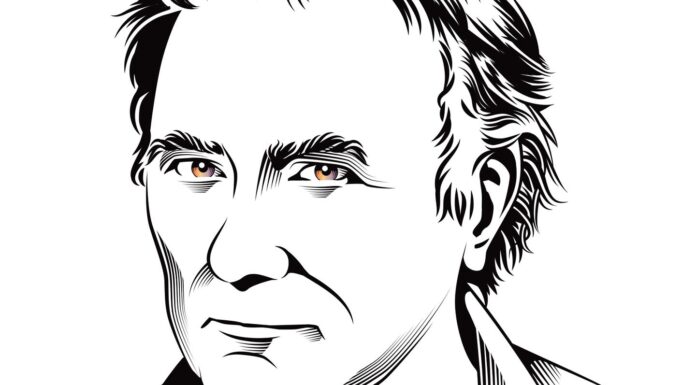Europe is being inundated with fake news about environmental, climate and energy policy, Poland’s environment minister Paulina Hennig-Kloska said on Tuesday as she opened an informal summit of EU climate ministers.
Ministers, who met in Warsaw under the auspices of the Polish presidency of the EU Council, arrived with a fresh example following the catastrophic power failure in Spain and Portugal, which triggered a wave of conspiracy theories and false reports.
“In recent months we’ve have more targeted disinformation used for political purposes, very often by our political adversaries,” Hennig-Kloska told reporters after the discussion, which was held behind closed doors.
There was also unintentional misinformation due to a “lack of understanding of the complexities of European law”, she added.
Hennig-Kloska cited a banal example – reports last year that Brussels wants to ban bacon-flavoured crisps, when in fact EU governments agreed to phase out eight smoke flavourings over concerns they may increase the risk of cancer – but said the principle can be applied more broadly.
European governments have so far lacked a coordinated approach to tackling disinformation, the minister said, but the debate had “opened the topic at the level of the Council”, she said.
‘Cognitive war’
The Polish government published in January a report commissioned from its military counterintelligence service that pointed to a “cognitive war” waged by Russia and Belarus at a cost of $2-4bn a year. While much of that has been focusing on the Ukraine war, a significant part was also found to target green policies and climate activism.
There is a link, in that the EU is counting on ramping up renewable energy production to reduce dependence on Russian fossil fuel imports. The Commission is due to present next week a roadmap for a total phase out by 2027.
“Disinformation is an action to the detriment of people,” Hennig-Kloska said. “In that way, various forces are trying to delay, for example Europe’s energy transition, which is clearly beneficial for us.”
Climate campaigners are concerned that disinformation is contributing to a pushback in Brussels against a raft of environmental legislation adopted European Commission president Ursula von der Leyen’s first term at the helm of the EU executive.
“Disinformation is on the rise – especially around EU climate and environmental policies,” said Chiara Martinelli, director of Climate Action Network (CAN) Europe.
“It has become a go-to weapon for groups and individuals seeking to polarise European societies and erode trust in democratic institutions like national governments and the European Union,” Martinelli told Euronews.
Hennig-Kloska said ministers had agreed there were currently “no effective measures to combat disinformation” and that such measures would need to be put in place. No concrete plans were put on the table at the meeting, however, and the next step would be discussions with the Commission, the minister added.
One element would be “positive communications” from Brussels, including an overhaul of the way the EU institutions communicate with the public – their language needs to be “simpler and less official”, the Polish minister said.











